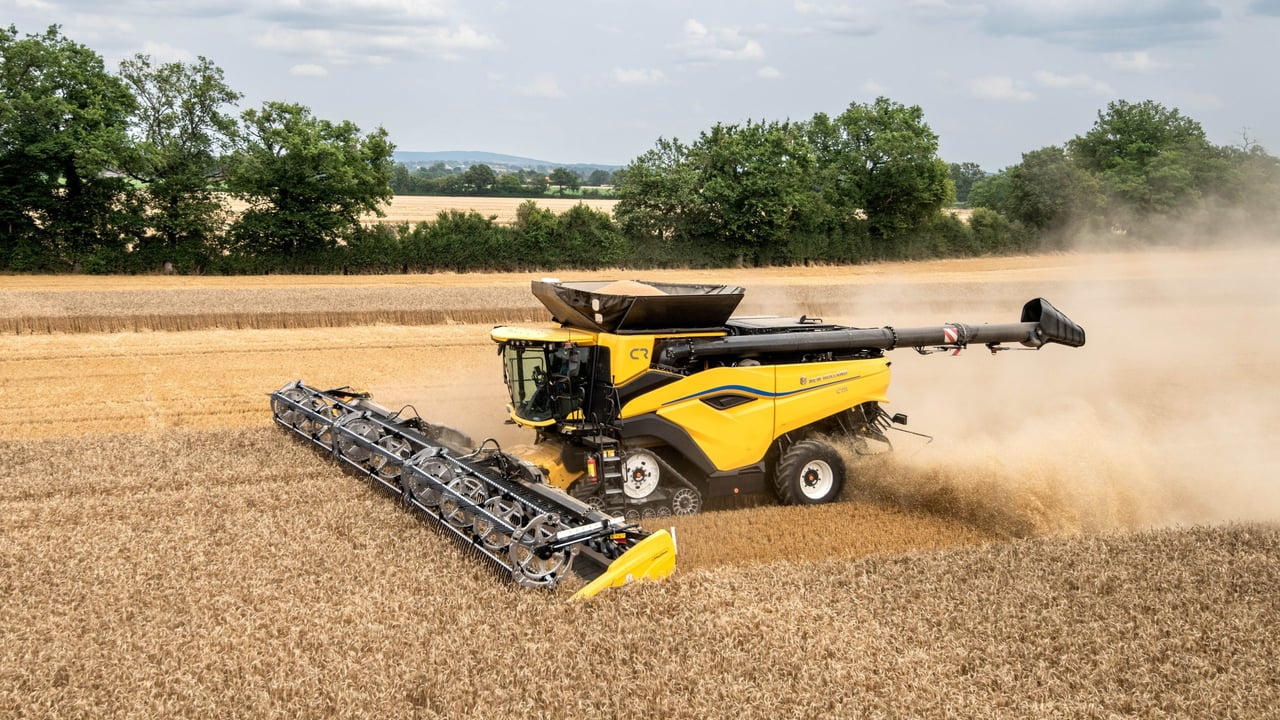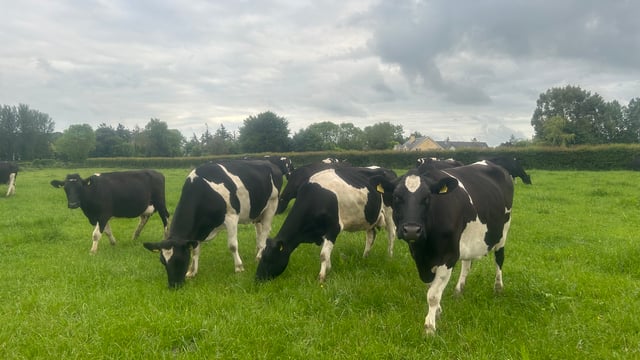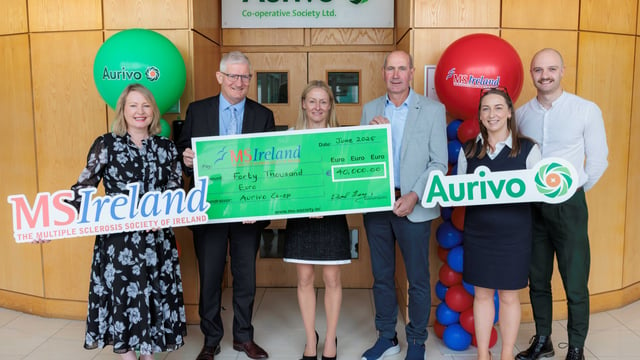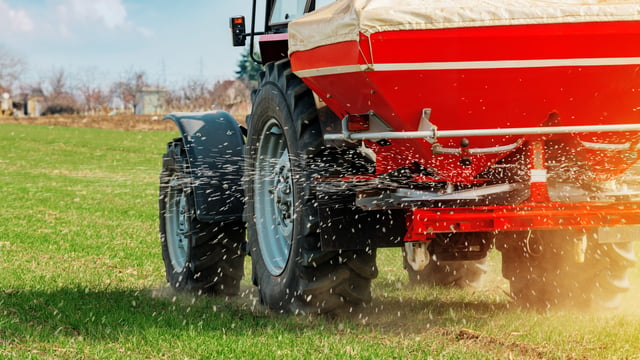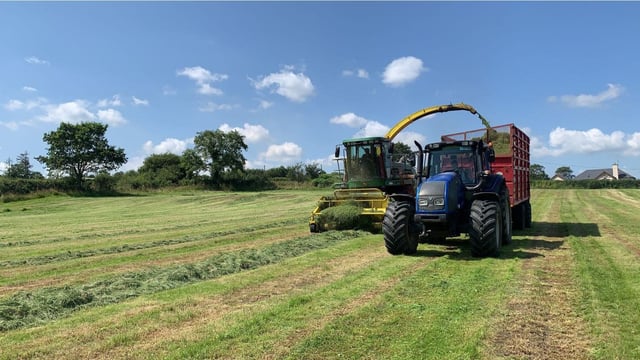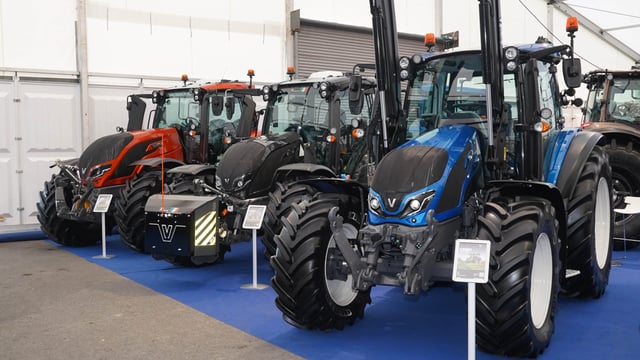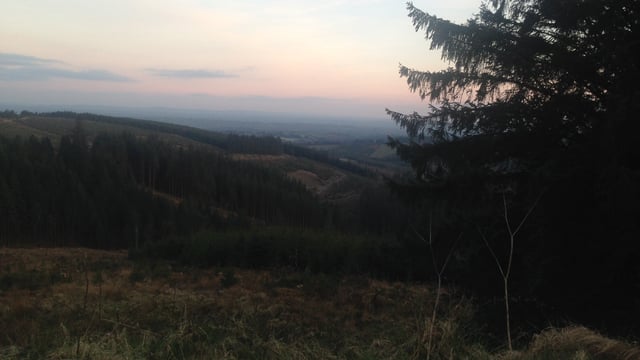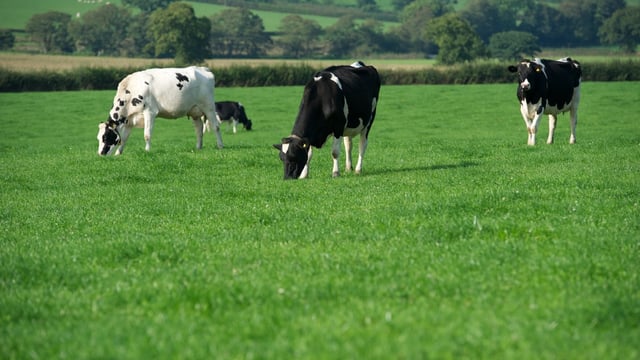Opinion: Harvest 2025 about to get underway
Weather permitting, harvest 2025 will get underway over the coming days.
The chances are it should be the normal running order of crops: winter barley; winter oilseed rape; winter wheat/winter oats; and then the final dash through the various spring cereals come September.
Hopes remain high that winter barley and wheat crops in particular will yield well over the coming weeks.
Meanwhile, major doubts hang over the performance that will finally be delivered by late-sown spring barley crops.
Recent weeks and months have seen little uplift in world grain prices. But it is far from bad news where the economics of tillage are concerned.
Demand for straw remains as high as ever and the additional €5 million that Minister for Agriculture, Food and the Marine, Martin Heydon, has delivered to boost the coffers of the Straw Incorporation Measure has to be welcomed.
But, in truth, the fortunes of tillage farming in 2025 will hang on the weather that comes our way over the coming weeks.
Post-harvest concerns
Beyond the harvest, it is a case of gearing up for Budget 2026.
There is little doubt that Minister Heydon will come under tremendous pressure from all the farming organisations to deliver more financial support for tillage over the coming months.
And he, no doubt, will be telling these stakeholder groups that money alone will not resolve the challenges confronting the sector.
At least, this was the line he took at a recent meeting of the Irish Grain Growers’ Group (IGGG) in Co. Meath.
Is there a sweet spot in the middle that will meet the needs of both parties?
The coming weeks and months will provide an answer to this question.
Tillage support
Courtesy of his presentation to the IGGG meeting, Minister Heydon made it clear that all facets of agriculture in Ireland must have a sustainable future and tillage is very much at the heart of this process.
Ireland is unique across Europe in wanting to expand its tillage footprint. However, the need to expand the cropping base here is obvious.
At a fundamental level, crops tick so many boxes from a land use and carbon footprint perspective.
Feeding more locally produced grain to Irish livestock also adds to the provenance of all the food that we produce.
The Irish government is already flagging up the importance of the pending review of the Common Agricultural Policy (CAP): and rightly so.
In fact, this issue may well be resolved while Ireland next holds the presidency of the EU.
So, it is important for the Irish government to learn from history.
Tillage farmers in Ireland were the big losers courtesy of the most recent CAP reviews.
It is important that such an outcome is not allowed to happen again.

